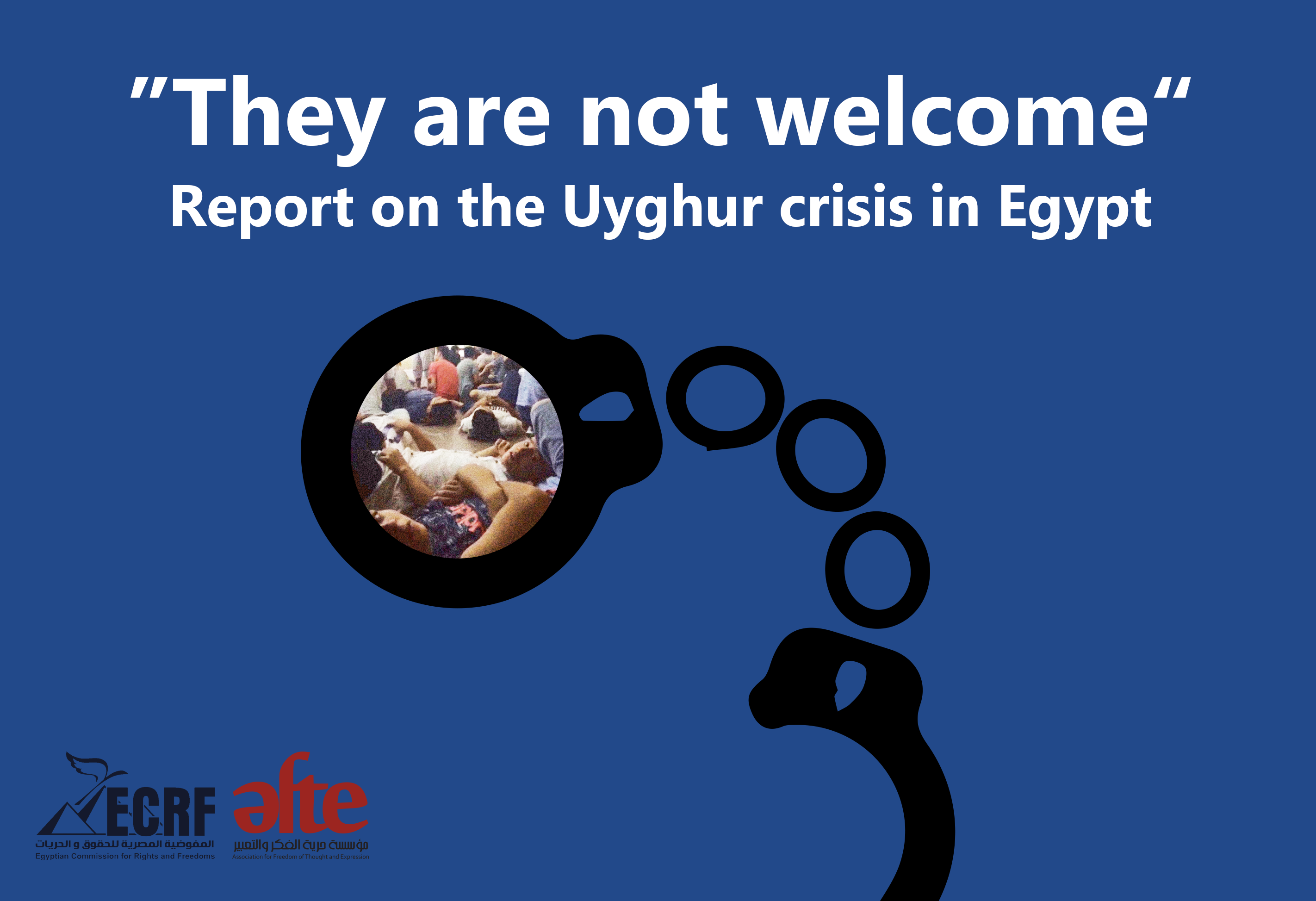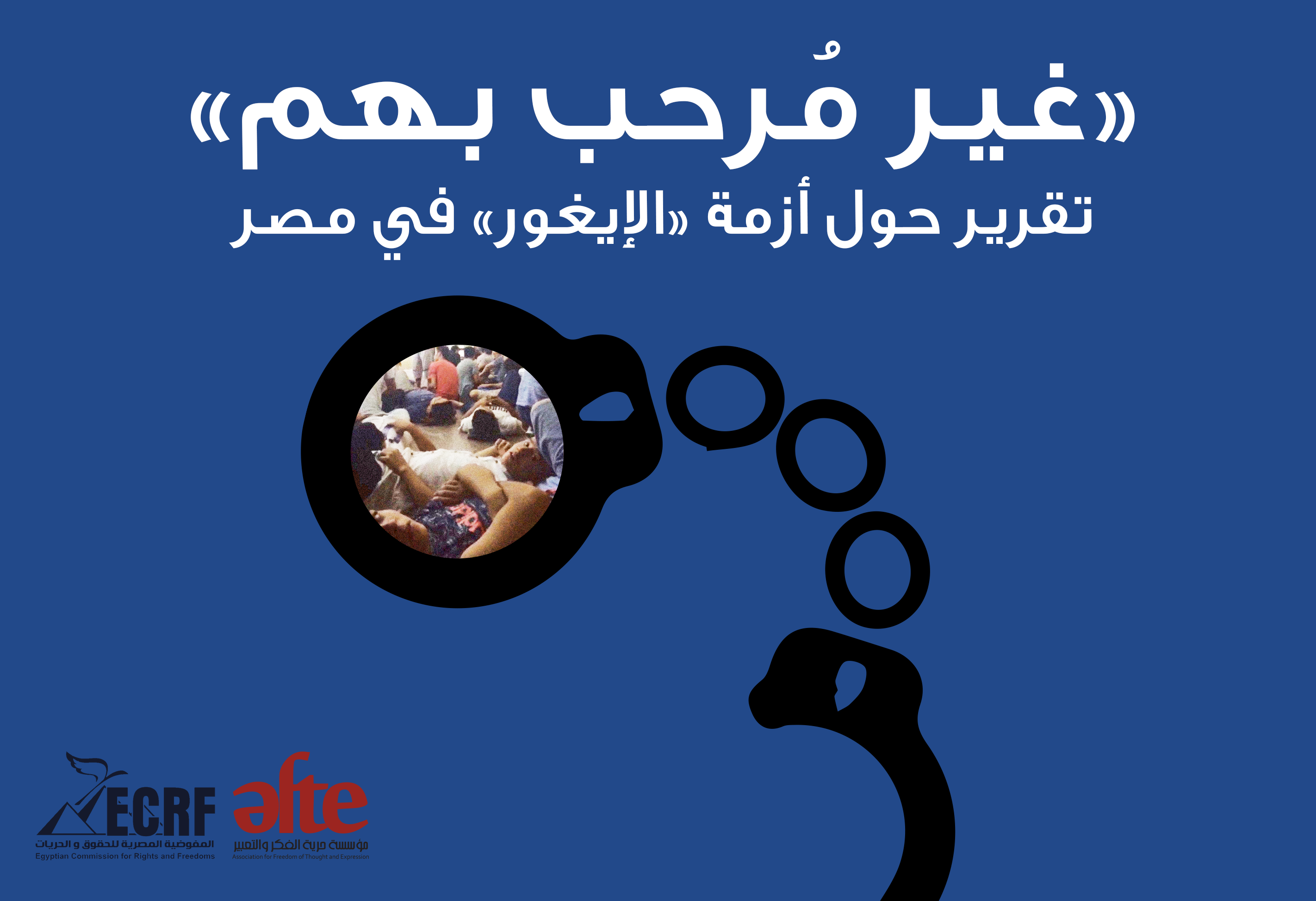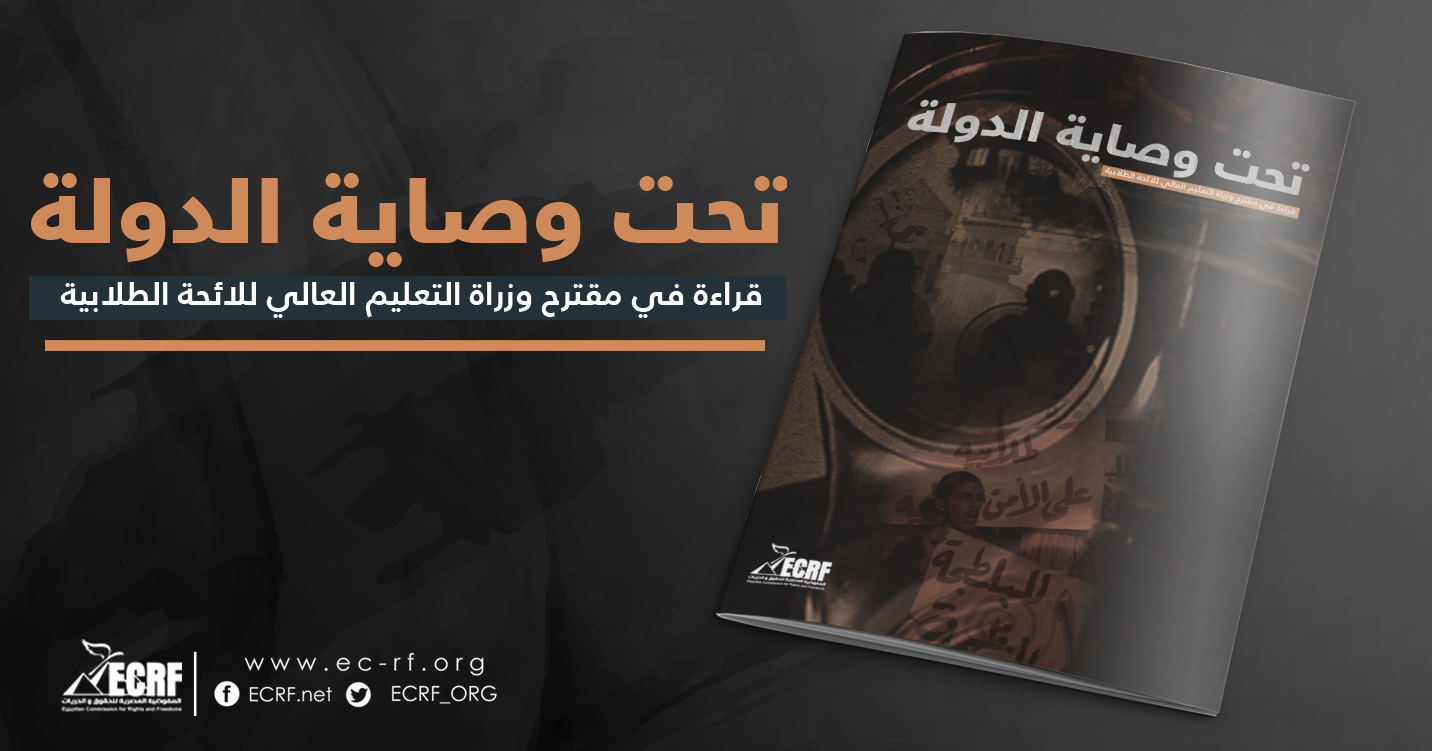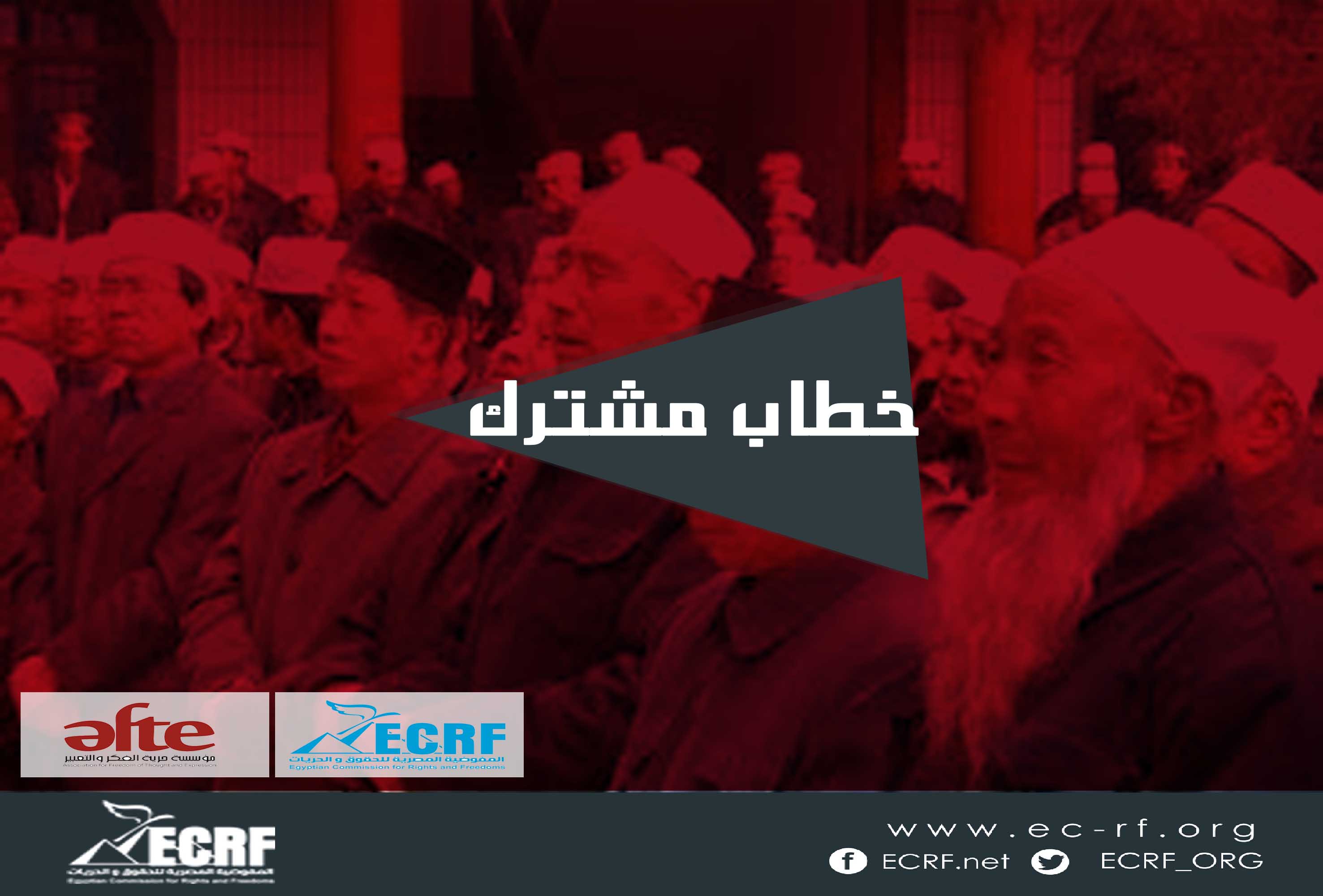Academic freedom and scientific research freedom in Egypt

By: Mohammed mostafa, Ahmed shaban
Introduction
Researchers in the Egyptian universities are suffering from violations threaten their security and safety and hinder their academic work. These violations come in the light of the resent increase of human rights violation faced by the Egyptian society. Those violations are varying between targeting researchers and academics directly or by restraining the academic and search work. That because the researchers’ opponent opinions against the policies pursued by the ruling regime. recently the violations against the academics and researchers lead the scene in Egypt. This paper reviews the the most recent violation as well as providing explanation for the security institutions’ policies towards researchers and academics and state’s policies towards academic and scientific research freedom. The paper also ends to a possible explanation for the hostile behavior of security institutions against researchers and academics whether they are Egyptian or foreigners.
1-Violations against researchers and academics
– Cairo University’s termination of academic Kholoud Saber’s scholarship in Belgium
Cairo University’s termination of academic Kholoud Saber’s scholarship in Belgium and ordering her to return back to the country; after Kholoud Saber, an assistant lecturer in the faculty of Humanities, Cairo university; traveled to obtain her PhD in psychology from the Catholic University of Leuven a letter from the university Cultural Relations Department was sent to Dr. Moatz Abd-Allah the dean of the Humanities Faculty ordering Saber to end her vacation and to return to the university and that based on a refusal from the Department of Inquiry and Intelligence at the Ministry of Higher Education. Accordingly, the secretary of the Department of Psychology received an email informing that the vacation of Kholoud Saber was canceled by the university Cultural Relation Department and she must return to the country. Also a letter was sent to Kholoud’s house in Egypt informing her that she must return to the university to take over her teaching position.
In December 2015, Kholoud received approval from the Department of Psychology and the university administration to get educational vacation and to finance her journey to Belgium, and back in August 2015 she was asked to complete 4 copies of a survey and send them to the Department of Inquiry and Information at the Ministry of High Education.
in 21 January 2016 the working group for universities independence which consists of number of academics, had sent a letter to Dr. Gaber Nasar the Chairman of Cairo University asking for explanation for the decision of the Cultural Relation Department to cancel the Kholoud’s scholarship and asking her to return to Egypt. The group mentioned three main points in their letter:
1- One of the departments inside the Ministry of Higher Education is intervening in the decisions related to university staff traveling which contradict with the principle of the independence of the universities. The name of this department “Department of Inquiry and Intelligence” raises doubts about its connection with the security, which makes the intervening more serious.
2- The letter of the Department of Inquiry and Intelligence doesn’t include any justification to their decision which shows that they can announce the real reasons behind their decision which considered to be direct intervening in the university’s affairs and violate its independence.
3- One of the university departments is capable of canceling the decisions of the University chairman after faculty council approval and the recommendation of the faculty departments, which raise the question of who has the authority of taking decisions over the university administration.
The group also demanded the University chairman to cancel the letter of the Cultural Relation Department and held accountability against who took the decision, and asking the Minister of Higher Education to stop all kind of interventions in the university affairs and to follow the Egyptian constitution and the international conventions on academic freedom and university independence.
Dr. Gaber Nasar said in an TV interview in “Manshit TV program” that this matter is under the authority of Scholarship department in the Ministry of Higher Education not the university administration, as completing all the legal requirements needed to allow the research assistant or lecturer assistant the scholarship opportunity whether it is financed by the Egyptian government or any other government, is not concerning the administration of Cairo University, but it is the responsibility of the Scholarship Department in the Ministry of Higher Education. Accordingly, approving the scholarships provided by foreign governments is state sovereignty matter. He also denied the existence of interventions by the security in the university affairs and there is no physical work of the nation security inside Cairo University or the Egyptian universities, as he added that both the national security and the Egyptian University are national institutions and they exchange information.
The other hand, Kholoud in El-Shrouk newspaper said that there is no any logical or legal reason behind cutting my PhD that had already started and the Department of Inquiry and Intelligence in the university doesn’t have the authority to do so. She also added that if the reason of this decision is the national security that means that there is direct violation of university independence, and she assured that she will continue her study for the assigned period, as there is no any entity has the authority to intervene in the academic affairs especially I had the approval before I started my scholarship.
Accordingly, she filed suit before the Administration Court on February 4 against the Ministry of Higher Education, the President of Cairo University, The dean of the Faculty of Humanities, the director of the Department of Inquiry and Intelligence, and the director of the Department of Cultural Relations at Cairo University to contest the order to revoke the scholarship and its consequences. On 15 February, Prof. Gaber Nasar issued decision to cancel the termination to return to the Faculty of Humanities and that her scholarship is to be continued to obtain the PhD from the Catholic University of Leuven with getting all here financial dues that were stopped earlier.
-The death of Giulio Regeni
Giulio Regeni the PhD Italian student went missing on the January 2016, the fifth anniversary of the 2011 revolution. Giulio’s friend Amr Asaad reported that Giulio had disappeared after he left his house in Doki neighborhood while he was in his way to meet his friend in the downtown to celebrate his friend’s birthday as he said in a message sent to Asaad, but when Asaad called Giulio he foud his phone was off and he know from their friend that Giulio never made it to the downtown.
Giulio was in Egypt for a long visit as visitor student in the AUC to conduct fieldwork for his PhD about the labor movement in Egypt. The Italian embassy in Cairo has reported Giulio’s absence, 28 years old on 31 January, as an Italian diplomat had announced that the Italian government coordinate with the Egyptian authorities to find the Italian student. On 4 February, the Egyptian police announce that Giulio’s body was found in a deserted area on Cairo-Alexandria desert road.
Torture and bearing signs were found on Giulio’s body, as it is obvious that he was subjected to brutal torture. There are strong doubt that the Egyptian national security is involved in killing the Italian student, as an Egyptian newspaper had published that the security forces had arrest a foreigner on 25 January 2016 next to El-Bohoth metro station where the Giulio was last seen.
Giulio was in direct and continuous connection with the activists from the labor movements and NGOs that are working on the labor issues. I also attended several meeting with the independent syndicates, which are not recognized by the Egyptian government. Moreover, Giulio was writing in the Italian leftist newspaper “Manifesto”. Manifesto had announced earlier that Giulio asked them to write under pseudonym, which reflects that he had concerns about his safety in Cairo.
Several rights groups and NGOs had condemned the Giulio’s death and asked the Egyptian government to give clarification to what really happened to him as the announced declarations claiming that Giulio was victim to theft or a traffic accident were not convincing because of the torture signs on his body. The international newspapers followed the course of investigations as they supported the scenario of the involvement of the Egyptian security in the incident. On the other hand, the Ministry of Higher Education condemned the attempts of politicization the incident which could happen in any country and that there are more than 70 thousand students from around the world study safely in Egypt.
The American University in Cairo, which was hosting Giulio to conduct his PhD studies, didn’t make any attempt to find him while he was missing or condemn his death, but only mourning him despite students demonstrations condemn Giulio’s death.
-Minister of Irrigation files suit against Prof. Nadr Nour El-Dain
On 10 November Prof. Nader Nour El-Dain had received a notice from the Prosecution of El-Agouza to be present to investigate the suit filed by Prof. Hossam Maghazi the Minister of Irrigation accusing Prof. Nader with defamation because of his opinions about the way the government managed the crisis of El-Nahda Dam in El-Fager newspaper on 10 February. Prof Nader was investigated about his opinions that he mentioned in the newspaper.
Accordingly, the council of Cairo University announced their support to Prof Nader and ensuring that his announcement comes in the context of his right of expression and his work as an academic and expert in the field of irrigation and water management, asking the ministry to withdraw all the complains against him. Moreover, 46 public figures had signed a petition in solidarity with Prof. Nader asking the general prosecution to consider them as responsible in the case with him and to protect the constitutional right of the Egyptian citizen to express their opinions. Consequently, Prof. Moghazi responded to Cairo University initiative and withdraw these complains and suit against Prof. Nader.
2-The State and the researchers and Academics
Those incidents shows that the Egyptian tends to restrain the academic life. As Prof. Kholoud Saber the assistant lecturer in the faculty of Humanities received an email from the Department of Inquiry and Intelligence to cut her study abroad and to come back to Egypt despite she had the approval to get study vacation before she traveled. This decision reflects the intervention of the security entities in the university affairs. These policies come against the Egyptian constitution that states in Article No. 21 on “The State shall guarantee the independence of universities and scientific and linguistic academies, and provide university education in accordance with international quality standards. It shall develop and ensure free provision of, university education in State universities and institutes according to the Law. The State shall allocate a percentage of government spending to university education equivalent to at least 2% of the Gross National Product (GNP), which shall gradually increase to comply with international standards”. However, the role played by the security directors in universities reflects the intervention demonstrated by the national security in the universities affairs violating the principle of university independence stated by the Egyptian constitution. This atmosphere restrains the academics and researchers from achieving education and scientific development in the Egyptian universities. The intervention and restrains practiced by the state on the academics and researchers violates Article No. 22 of the Egyptian constitution that states on “Teachers, and faculty members and their assistants, are the main pillars of education. The State shall guarantee the development of their academic competencies and professional skills and shall care for their financial and moral rights in order to ensure the quality of education and achieve its goals”.
As for Giulio’s death and the accusations face the Ministry of Interior of being involved in the incident even without evidence, however torture signs found on Giulio’s body, which are similar to other torture case committed by police officers. In case that the security entities weren’t responsible for committing this crime, still they are responsible for protecting the researchers and academics so they be able to practice their academic research. If it was proven that security, entities are involved in the incident that means that they threatening academics and researchers and violating academic and research freedom stated by the Egyptian constitution in Article No. “The State shall develop a comprehensive plan to eradicate alphabetical and digital illiteracy among citizens of all ages. The State shall develop its implementation mechanisms with the participation of civil society organizations within a definite timeline”; that besides, the blatant violation to the right to life and bodily integrity through torture and extrajudicial killings.
Accusing Prof. Nader of defaming is violation to his right of expression protected by Article No. 65 of the Egyptian constitution “Freedom of thought and opinion is guaranteed. Every person shall have the right to express his/her opinion verbally, in writing, through imagery, or by any other means of expression and publication”, and article No. 19 of the International Covenant on Civil and Political Rights states that “Everyone shall have the right to hold opinions without interference”. The suit against Prof. Nader violates the academic freedom as his opinion come from his experience as expert in irrigation and water management and suing him reflect the states policies to restrain any opponent opinion.
3-Why the Egyptian state doesn’t support the academic and scientific research freedom
A political regime must support academic freedom and support and encourage scientific research. However, the current political atmosphere in Egypt witness sharp increase in human rights violation, which reflect state’s policy towards freedom of opinion and expression and academic freedom, as well as restraining scientific research. As the government knows that allowing expression and academic freedom, in the time of increasing human rights systematic violation, will increase criticisms against the current regime and affect its national and international legitimacy. Accordingly, the government attempt to restrain the academic and scientific research freedom and punish any one goes on their constrains.
4-Recommendations
- ECRF demands the Egyptian authorities to stand on the facts of Giulio’s death and to find the perpetrators and brought them to justice, and to hold transparent investigations.
- ECRF demands the Egyptian authorities and the ministry of Higher Education to prevent security interference in academic affairs in Egyptian universities, pursuant to Article 21 of the Egyptian constitution.
- ECRF emphasizes on the importance of providing a favorable environmentfor scientific research, andthe need to provideprotection forresearchers andacademicstoexpress their viewsandpursuetheir workwithout any kind of
All higher education institutions must working to protect academic freedom and freedom of scientific research to academics and researchers also sought to defend when they face any




